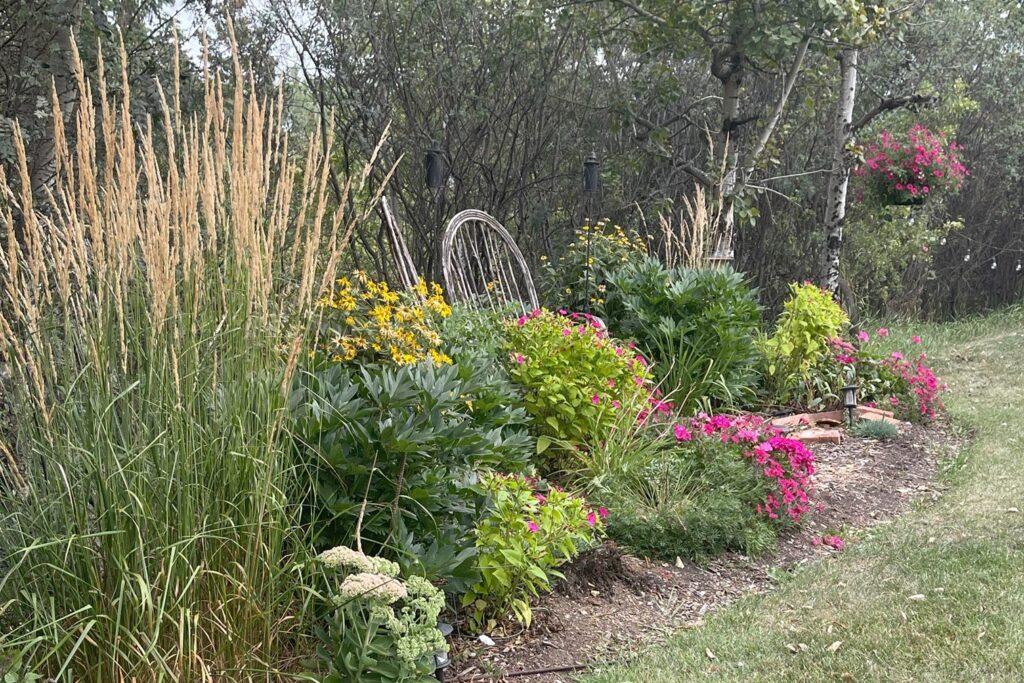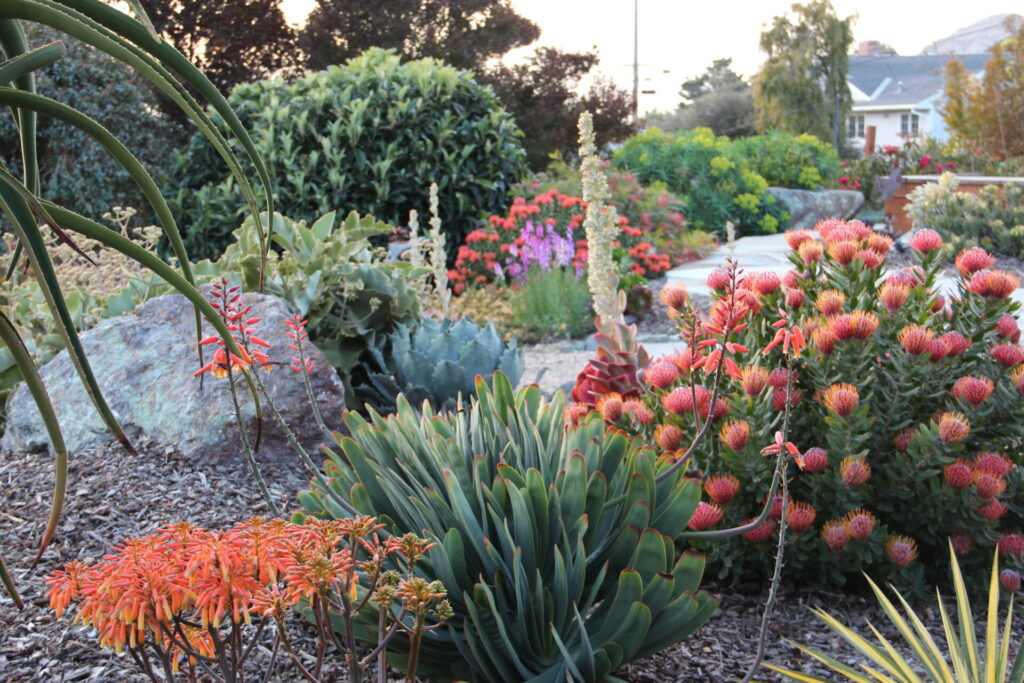Creating a beautiful garden in a windy backyard can be a challenge—but with the right strategy and plant selection, it’s absolutely achievable. If your outdoor space is regularly hit by strong winds, you need hardy, wind-resistant plants that won’t bend, break, or dry out easily. In this guide, you’ll learn exactly how to pick plants for a windy backyard and how to design a landscape that stands up to the breeze.


Why Wind Matters in Garden Design
Wind plays a big role in plant health and overall garden success. Constant wind can:
Dry out the soil and plants
Snap stems and branches
Stunt plant growth
Cause damage from wind-blown debris
Choosing plants that are naturally adapted to windy environments will reduce maintenance and increase your chances of long-term success.
Characteristics of Wind-Resistant Plants
When selecting plants for a windy backyard, look for these characteristics:
Flexible Stems: Plants that bend instead of break in the wind are more resilient.
Low Growth Habit: Ground covers and low shrubs are less exposed to gusts.
Dense Root Systems: A strong root structure helps anchor the plant firmly.
Small, Waxy Leaves: These retain moisture better and are less likely to tear in strong wind.
Let’s take a look at the best types of plants that thrive in windy conditions.
Ornamental grasses are some of the best plants for windy backyards. Their natural flexibility allows them to sway without breaking.
Top Picks:
Blue fescue
Fountain grass
Creeping thyme
Dymondia (Silver Carpet)
Shrubs with a dense, compact form are ideal for reducing wind speed and adding structure to your garden.
Top Picks:
Lavender
Boxwood
Rosemary
Hebe
These shrubs not only tolerate wind but also provide fragrant foliage and seasonal color.
Many perennials can withstand strong breezes, especially if they’re low-growing or have sturdy stems.
Top Picks:
Echinacea (Coneflower)
Yarrow
Sedum
Russian Sage
Plant these in clusters to create wind breaks and visual appeal.
Small, multi-trunk trees or those with flexible limbs are your best option in windy spaces.
Top Picks:
Olive tree
Acacia
Crepe Myrtle
Hawthorn
Make sure to stake young trees properly until they develop a strong root system.
Landscaping Tips for Windy Backyards
Even with wind-resistant plants, smart landscape design can improve your success. Follow these tips:
Create Windbreaks
Use solid or semi-permeable windbreaks to reduce wind speed. A combination of hedges, fences, and even lattice panels can help. Planting in layers—using taller plants or shrubs in the back and shorter ones in front—offers protection and reduces wind turbulence.
Mulch to Retain Moisture
Wind can quickly dry out the soil. Apply a 2–3 inch layer of organic mulch around your plants to keep the soil moist and protect roots from erosion.
Water Wisely
Windy conditions increase evaporation, so monitor soil moisture regularly. Consider drip irrigation or soaker hoses for consistent watering.
Group Plants Strategically
Plant in clusters rather than single rows. This provides mutual support and helps break up wind flow.
Mistakes to Avoid in Windy Gardens
Using Tall, Fragile Plants: Avoid tall perennials or annuals with weak stems like delphiniums or hollyhocks.
Overwatering: Windy spots dry out quickly, but don’t overcompensate. Wet roots combined with wind stress can lead to root rot.
Neglecting Windbreaks: Relying solely on plant strength without a wind buffer can lead to long-term damage.
Final Thoughts: Building a Wind-Resilient Garden
A windy backyard doesn’t have to limit your garden dreams. With careful planning and the right selection of wind-resistant plants, you can enjoy a thriving, beautiful landscape that stands up to the elements. Focus on plants that adapt well to tough conditions, and support them with smart design strategies like windbreaks, mulch, and proper spacing.
Whether you’re planting a coastal garden or live in an exposed urban area, knowing how to pick plants for a windy backyard will save time, money, and effort while creating a peaceful, durable retreat.


